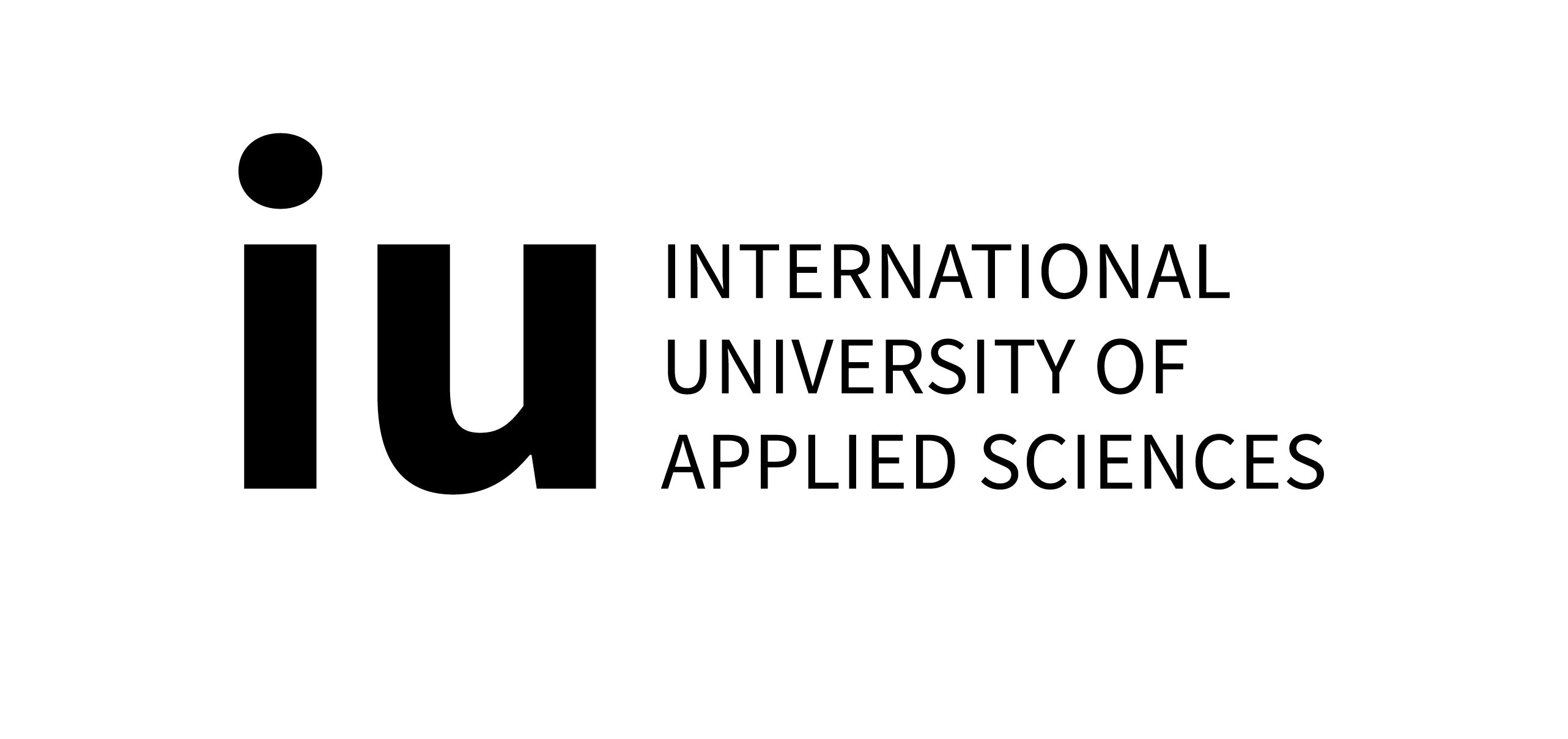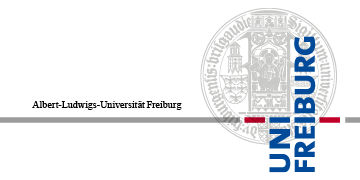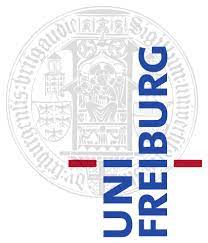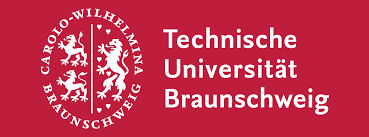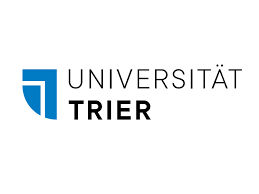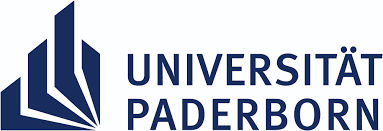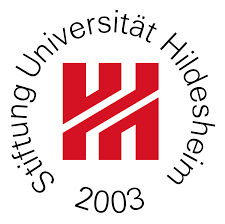- Countries
- Data Science Courses in USA
- Business Analytics Courses in USA
- Engineering Courses in USA
- Tax Courses in USA
- Healthcare Courses in USA
- Language Courses in USA
- Insurance Courses in USA
- Digital Marketing Courses in USA
Top Streams
- Project Management Courses in Australia
- Accounting Courses in Australia
- Medical Courses in Australia
- Psychology Courses in Australia
- Interior Designing Courses in Australia
- Pharmacy Courses in Australia
- Social Work Courses in Australia
Top Streams
- Data Science Courses in Canada
- Business Management Courses in Canada
- Supply Chain Management Courses in Canada
- Project Management Courses in Canada
- Business Analytics Courses in Canada
- Hotel Management Courses in Canada
Top Streams
- Project Management Courses in UK
- Data Science Courses in UK
- Public Health Courses in UK
- Digital Marketing Courses in UK
- Hotel Management Courses in UK
- Nursing Courses in UK
- Medicine Courses in UK
- Interior Designing Courses in UK
Top Streams
- Universities in Germany
- Study in Germany
- Masters in Germany
- Courses in Germany
- Bachelors in Germany
- Germany Job Seeker Visa
- Cost of Living in Germany
- Best Universities in Germany
Top Resources
- MBA in Ireland
- Phd in Ireland
- Masters in Computer Science Ireland
- Cyber Security in Ireland
- Masters in Data Analytics Ireland
- Ms in Data Science in Ireland
- Pharmacy courses in ireland
- Business Analytics Course in Ireland
Top Courses
- Masters in France
- Phd in France
- Study Medicine in France
- Best Universities in Frankfurt
- Best Architecture Colleges in France
- ESIGELEC France
Colleges & Courses
- Exams
- IELTS Exam
- IELTS Syllabus
- IELTS Prepration
- IELTS Eligibility
- IELTS Test Format
- IELTS Band Descriptors
- IELTS Speaking test
- IELTS Writing Task 1
- IELTS score validity
- IELTS Cue Card
IELTS Exam
- Animal Camouflage
- Types Of Societies
- Australia Convict Colonies
- A Spark A Flint
- Emigration To The Us
- The History Of Salt
- Australia Convict Colonies
- Zoo Conservation Programmes
- The Robots Are Coming
- The Development Of Plastic
IELTS Reading Answers Sample
- Describe A Puzzle You Have Played
- Describe A Long Walk You Ever Had
- Describe Your Favourite Movie
- Describe A Difficult Thing You did
- Describe A Businessman You Admire
- Memorable Day in My Life
- Describe Your Dream House
- Describe A Bag You Want to Own
- Describe a Famous Athlete You Know
- Aquatic Animal
IELTS Speaking Cue Card Sample
- GRE Exam
- GRE Exam Fees
- GRE Exam Syllabus
- GRE Exam Eligibility
- Sections in GRE Exam
- GRE Exam Benefits
- GRE Exam Results
- GRE Cutoff for US Universities
- GRE Preparation
- Send GRE scores to Universities
GRE Exam
- GRE Verbal Preparation
- GRE Study Material
- GRE AWA Essays
- GRE Sample Issue Essays
- Stanford University GRE Cutoff
- Harvard University GRE Cutoff
- GRE Quantitative Reasoning
- GRE Verbal Reasoning
- GRE Reading Comprehension
- Prepare for GRE in 2 months
GRE Exam Study Material
- Documents Required For Gre Exam
- GRE Exam Duration
- GRE at Home
- GRE vs GMAT
- GRE vs CAT
- Improve GRE Verbal Scores
Other Resources
- GRE Preparation Guide (Free PDF)
- GRE Syllabus (Free PDF)
Free GRE Ebooks
- GMAT Exam
- GMAT Eligibility
- GMAT Syllabus
- GMAT Exam Dates
- GMAT Registration
- GMAT Exam Fees
- GMAT Sections
- GMAT Score
- GMAT Purpose
GMAT Exam
- How to prepare for GMAT?
- GMAT Score Validity
- GMAT Preparation Books
- GMAT Preparation
- GMAT Exam Duration
- GMAT Score for Harvard
- AWA GMAT
- GMAT Reading Comprehension
- GMAT Retake Strategy
GMAT Exam Study Material
- GMAT Guide PDF
- Download GMAT Syllabus PDF
Free GMAT Ebooks
- TOEFL Exam
- TOEFL Exam Registration
- TOEFL Exam Eligibility
- TOEFL Exam Pattern
- TOEFL Exam Preparation
- TOEFL Exam Tips
- TOEFL Exam Dates
- Documents for TOEFL Exam
- TOEFL Exam Fee
TOEFL Exam
- TOEFL Preparation Books
- TOEFL Speaking Section
- TOEFL Score and Results
- TOEFL Writing Section
- TOEFL Reading Section
- TOEFL Listening Section
- TOEFL Vocabulary
- Types of Essays in TOEFL
TOEFL Exam Study Material
- TOEFL Exam Guide (Free PDF)
Free TOEFL Ebooks
- PTE Exam
- PTE Exam Dates
- PTE Exam Syllabus
- PTE Exam Eligibility Criteria
- PTE Test Centers in India
- PTE Exam Pattern
- PTE Exam Fees
- PTE Exam Duration
- PTE Exam Registration
- PTE Exam Dates
PTE Exam
- PTE Exam Preparation
- PTE Speaking Test
- PTE Reading Test
- PTE Listening Test
- PTE Writing Test
- PTE Essay Writing
- PTE exam for Australia
PTE Exam Study Material
- PTE Syllabus (Free PDF)
Free PTE Ebooks
- Duolingo Exam
- Duolingo Test Eligibility
- Duolingo Exam Pattern
- Duolingo Exam Fees
- Duolingo Test Validity
- Duolingo Syllabus
- Duolingo Preparation
Duolingo Exam
- Duolingo Exam Dates
- Duolingo Test Score
- Duolingo Test Results
- Duolingo Test Booking
Duolingo Exam Study Material
- Duolingo Guide (Free PDF)
- Duolingo Test Pattern (Free PDF)
Free Duolingo Ebooks
- ACT Exam
- ACT Eligibility
- ACT Exam Dates
- ACT Score
- SAT Exam
- SAT Syllabus
- SAT Exam Pattern
- SAT Exam Eligibility
SAT & ACT Exam
- USMLE Exam
- USMLE Syllabus
- USMLE Preparation
- USMLE Step 1
- OET Exam
- OET Syllabus
- OET Eligibility
- OET Prepration
USMLE & OET Exam
- Resources
- LOR for Masters
- SOP Samples for MS
- LOR for Phd
- SOP for Internship
- SOP for Phd
- Check Visa Status
- Motivation Letter Format
- Motivation Letter for Internship
- F1 Visa Documents Checklist
Application Process
- Popular Courses after Bcom in Abroad
- Part Time Jobs in Australia
- Part Time Jobs in USA
- Salary after MS in Germany
- Salary after MBA in Canada
- Average Salary in Singapore
- Higher Studies after MBA in Abroad
- Study in Canada after 12th
Career Prospects
- Why Study in Canada
- Cost of Living in Canada
- Education System in Canada
- SOP for Canada
- Summer Intake in Canada
- Spring Intake in Canada
- Winter Intake in Canada
- Accommodation in Canada for Students
- Average Salary in Canada
- Fully Funded Scholarships in Canada
Canada
- Why Study in USA
- Cost of Studying in USA
- Spring Intake in USA
- Winter Intake in USA
- Summer Intake in USA
- STEM Courses in USA
- Scholarships for MS in USA
- Acceptable Study Gap in USA
- Interesting Facts about USA
- Free USA course
USA
- More
- Sign In
